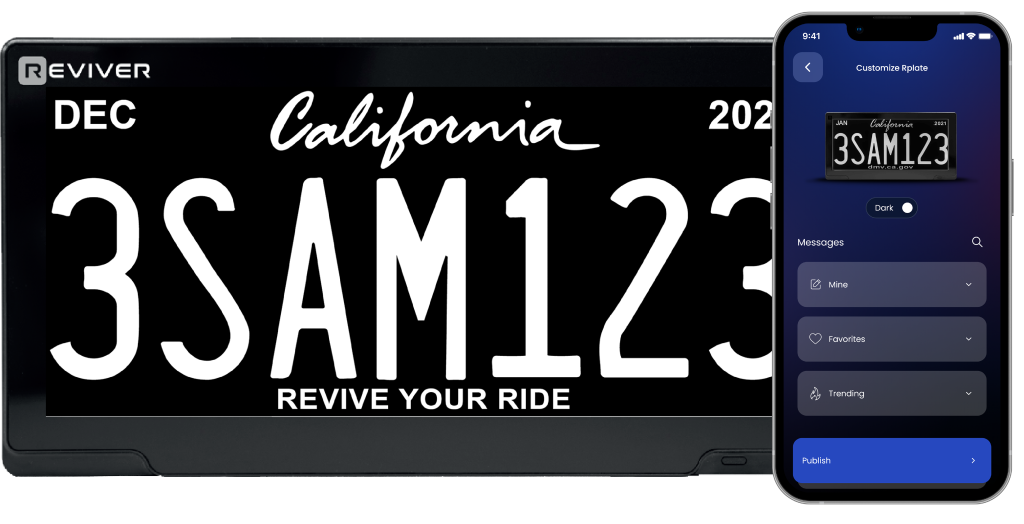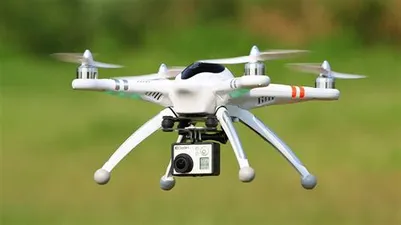The license plates on your car already pass through a blanket of automated license plate readers on CA roadways. For even more surveillance, new digital license plates becoming available from the CA DMV were planned to have embedded GPS tracking.

The embedded license plate trackers, which would have been available for an upcharge, had serious impacts for household cars in domestic violence and coercive control scenarios. Over a period of two years and two different bill authors, Assembly Bill 984, sponsored by manufacturer Reviver, continued to insist that CA personal vehicles could be outfitted with the surreptitous trackers.
A coalition of privacy advocates and domestic violence advocates kept pushing and finally the digital license plate product with GPS tracking was removed from the program for personal vehicles. Victory!



